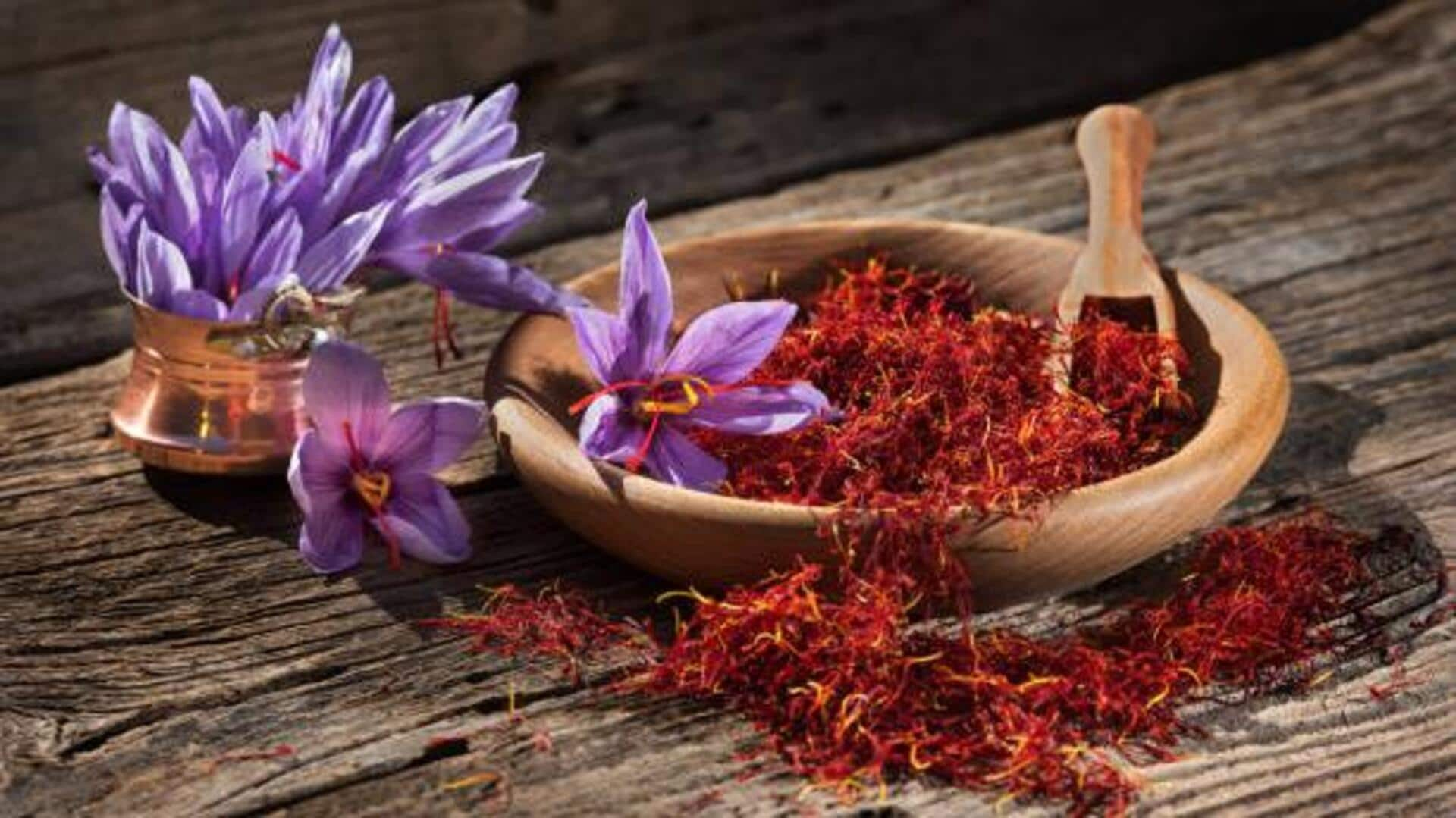
How saffron can improve your mood
What's the story
Saffron is a colorful spice obtained from the Crocus sativus flower and has been a part of traditional medicine for centuries. Known for its mood- and memory-enhancing properties, saffron is making its way into modern research. The spice has active compounds such as crocin and safranal, which are said to positively affect mental health. With the focus shifting towards natural remedies, saffron's contribution to mental health is being further explored.
Mood enhancement
Boosting mood with saffron
Research indicates that saffron may help boost mood by elevating serotonin levels in the brain. Serotonin is a neurotransmitter responsible for happiness and well-being. Studies have demonstrated that eating saffron can bring noticeable changes to mood within weeks. This makes it a potential herbal alternative for those looking to deal with mild depression or anxiety without turning to pharmaceuticals.
Memory support
Supporting memory function
Saffron's active compounds are believed to aid memory by shielding brain cells from oxidative stress. Oxidative stress can damage cells with time, contributing to cognitive decline. By minimizing this stress, saffron may help keep our brain healthy as we grow older. A few studies even suggest that regular consumption of saffron could improve learning capabilities and memory retention.
Usage Guidelines
Safe consumption practices
When adding saffron to your diet, ensure you're using it safely, owing to its potency. A little goes a long way; usually, a few strands are required per dish/supplement dose. Avoid overconsumption as it may cause adverse effects like dizziness or nausea. It is always recommended to consult with your healthcare provider before starting any new supplement regimen.
Cost factors
Economic considerations of saffron use
Saffron is one of the costliest spices in the world because of the labor-intensive process of harvesting it. The prices can vary widely depending on the quality and place of origin, often going up to ₹500 per gram or even more in certain markets. However, despite the cost, many find value in its health benefits when consumed in moderation as a part of their wellness routine.